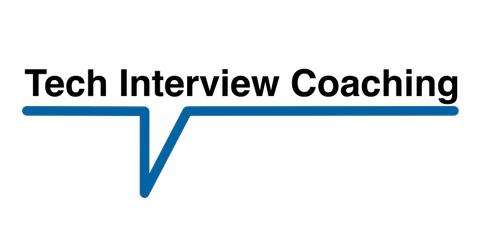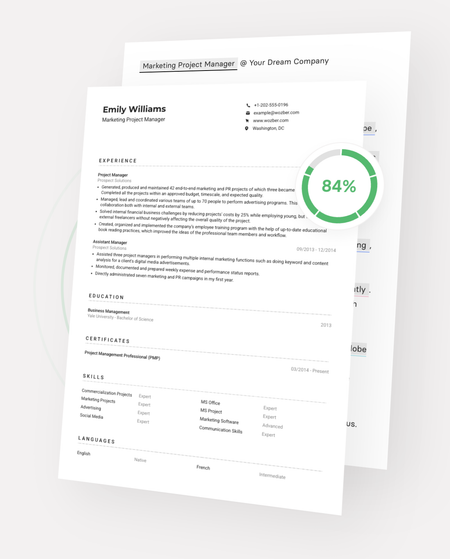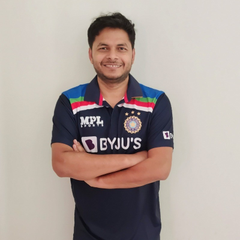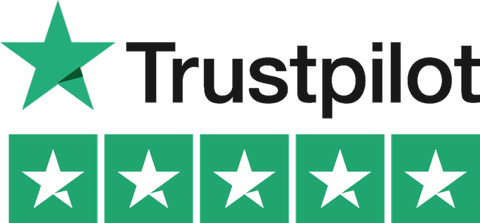
System Design Interviews Prerequisites: Essential Concepts for JE/SSE/Architect Level
Building Blocks for Success; Key Concepts to Ace Your System Design Interview.
About the author: Principal Engineer at Paytm, ex-Microsoft, system design coach, and mentor for top tech roles. Book time with them here.
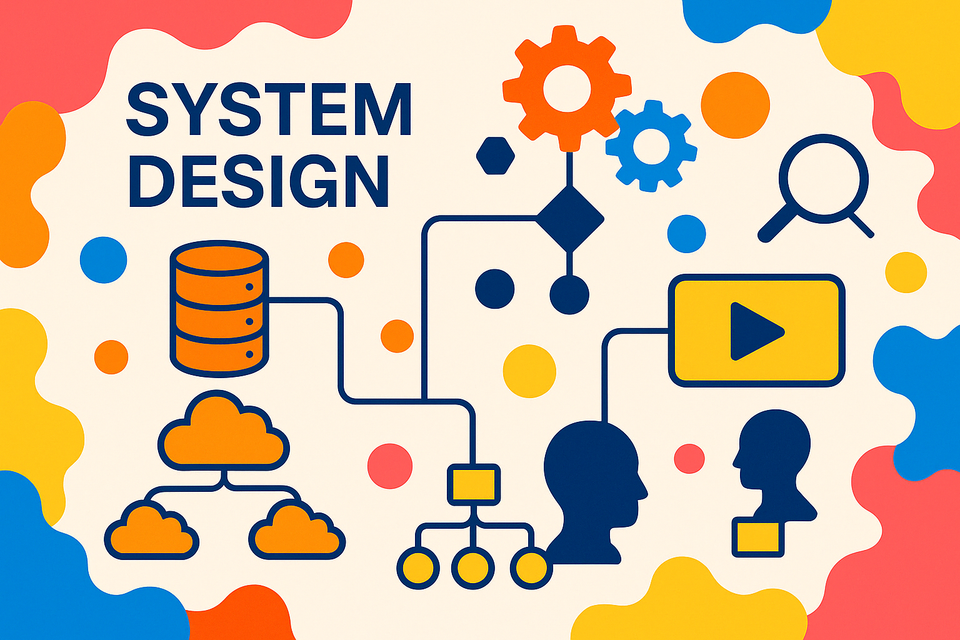
In our previous article, we outlined the expectations and distinct approaches required for junior engineers, senior professionals and architects—during system design interviews. Understanding these role-specific expectations is crucial, but to effectively meet them, it’s essential to grasp the foundational concepts that underpin successful system design. This article delves into the key prerequisite knowledge and principles you need to master to excel in system design interviews across different levels of seniority. Whether you’re preparing for your first interview or aiming to advance to a principal architect role, these essential concepts will equip you with the tools to design robust, efficient, and scalable systems. By building a strong foundation, you’ll be better positioned to tackle complex design challenges and demonstrate the expertise expected at each career stage.
1. Junior Engineer(0-3 Yrs Exp)
High-Level Goal: Demonstrate solid understanding of the fundamentals of system design and the ability to translate simple requirements into a workable solution.
1. Basic System Components & Terminology
-
Client–server model: understanding how requests flow from client to server.
-
HTTP/HTTPS Protocols: Familiarity with request-response cycles.
-
Databases (SQL vs. NoSQL): when to use each, basic normalization, simple indexing.
-
SQL Databases: Understanding tables, relationships, and simple queries.
-
NoSQL Databases: Basic idea of document stores like MongoDB.
-
-
Networking basics: HTTP methods, response codes, APIs.
-
Load balancers: at a high level, how they distribute traffic.
-
RESTful APIs
-
Basics of API Design: Understanding endpoints, CRUD operations.
-
Statelessness: Each request from client to server must contain all the information needed to understand and process the request.
-
2. Data Modeling & ER Diagrams
-
Ability to design simple schemas.
-
Understand 1:1, 1:N, N:N relationships.
3. Caching
-
Purpose of Caching: Reducing load on databases and improving response times.
-
Simple Caching Strategies: Using in-memory caches like Redis or Memcached.
4. Horizontal vs. Vertical Scaling
- Basic knowledge that scaling up (vertical) vs. adding more machines (horizontal) has trade-offs.
5. Fundamental Design Patterns
-
Layered architecture (presentation, business logic, data).
-
Simple patterns such as Repository, Singleton, etc., relevant to system design at a smaller scale.
6) Reliability & Availability Basics
-
Understand the importance of redundancy and backups.
-
Basic failover concepts.
7) Basic Security Principles
-
Authentication vs. Authorization: Understanding the difference.
-
Basic Encryption Concepts: HTTPS, SSL/TLS.
Typical Interview Questions:
1) Design a URL Shortener
- Objective: Understand basic CRUD operations, database selection, and simple hashing techniques.
2) Design a Basic Blogging Platform
- Objective: Data modeling for posts and users, RESTful APIs, and simple UI considerations.
3) Design a Todo List Application
- Objective: CRUD operations, user authentication, and basic front-end/backend integration.
4) Design a Simple Chat Application
- Objective: Real-time communication basics, WebSockets, and message storage.
5) Design a User Registration System
- Objective: User data storage, validation, and authentication mechanisms.
6) Design a Photo Sharing Service
- Objective: File storage solutions, basic image handling, and user galleries.
7) Design a Movie Recommendation System
- Objective: Simple recommendation algorithms, data storage, and user interaction.
8) Design an E-commerce Product Page
- Objective: Product data modeling, inventory management, and basic UI/UX considerations.
9) Design a Notification Service
- Objective: Push notifications, email notifications, and user preferences.
10) Design a Simple Event Booking System
- Objective: Event creation, booking logic, and basic conflict resolution.
2. Senior Engineer(3-8Yrs Exp)
High-Level Goal: Show deep understanding of distributed systems, scalability, and trade-offs. Should be able to handle more complex system requirements and reason about performance, reliability, and cost implications.
1. Scalability & Performance
-
Load balancing in detail: reverse proxies, global vs. local load balancers.
-
Sharding and partitioning strategies: horizontal partitioning, vertical partitioning, consistent hashing.
-
Caching layers: advanced caching (e.g., write-through vs. write-behind caches).
2. Distributed Systems Fundamentals
-
Consistency models (strong vs. eventual consistency).
-
CAP Theorem and its implications (availability, partition tolerance).
-
Leader election and consensus (e.g., Raft, Paxos at a conceptual level).
-
Message queues & streaming (Kafka, RabbitMQ) for asynchronous processing.
3. Database & Storage Solutions
-
In-depth Knowledge of NoSQL vs. SQL
-
NoSQL (Document Stores, Key-Value Stores, Column-Family Stores): Flexible, schema-less databases optimized for specific data models, offering horizontal scalability and high performance for large-scale applications.
-
SQL: Structured, relational databases with predefined schemas, strong consistency, and support for complex queries and transactions.
-
-
Partition Strategies: Techniques like horizontal sharding, range-based, hash-based, and directory-based partitioning used to distribute data across multiple database instances to enhance scalability and performance.
-
Indexing: Data structures that improve the speed of data retrieval operations on a database table by allowing quick lookup of records without scanning the entire table.
-
Replication: The process of copying and maintaining database objects, such as tables or entire databases, across multiple servers to ensure data availability and fault tolerance.
-
Transactions: A sequence of one or more operations treated as a single logical unit of work, ensuring all operations are completed successfully or none are applied, maintaining data integrity.
-
ACID vs. BASE
-
ACID: A set of properties (Atomicity, Consistency, Isolation, Durability) ensuring reliable transaction processing in traditional databases.
-
BASE: An alternative model (Basically Available, Soft state, Eventual consistency) used in NoSQL systems to achieve high availability and scalability with relaxed consistency.
-
-
Knowledge of Specialized Stores (Time-Series DB, Elasticsearch)
-
Time-Series Databases: Optimized for storing and querying time-stamped data, enabling efficient handling of large volumes of sequential data points, such as IoT metrics or financial data.
-
Elasticsearch: A distributed search and analytics engine designed for full-text search, real-time data exploration, and scalable indexing of large datasets.
-
4. System Observability
-
Monitoring (metrics, tracing, logs).
-
Tools like Prometheus, Grafana, ELK stack.
-
How to set up alerting and handle incidents.
5. High Availability & Fault Tolerance
-
Redundancy: Ensuring no single point of failure.
-
Circuit Breakers: Preventing cascading failures.
-
Retries and Backoff Strategies: Handling transient failures.
-
Disaster recovery strategies (multi-region setups, hot vs. cold backups).
6. Security & Compliance
-
Basic security measures (encryption at rest and in transit, API authentication, rate limiting).
-
Understanding of compliance requirements if relevant (GDPR, HIPAA, etc.).
-
OAuth and JWT: Advanced authentication mechanisms.
7. Cost & Resource Management
-
Rough understanding of cloud pricing (AWS, GCP, Azure).
-
Trade-offs in storage types, compute resources, data transfer, etc.
8. Advanced API Design
-
Versioning: Strategies for API version management.
-
Rate Limiting and Throttling: Protecting services from abuse.
Typical Interview Questions:
1. Design a Large-Scale Video Streaming Service (e.g., YouTube)
- Objective: Content delivery networks (CDNs), video encoding, and streaming protocols.
2. Design an E-commerce Checkout System
- Objective: Transaction management, inventory consistency, and payment processing.
3. Design a Ride-Sharing Application (e.g., Uber)
- Objective: Real-time location tracking, matching algorithms, and scalable backend services.
4. Design a Distributed Caching System
- Objective: Cache invalidation, consistency, and scalability across multiple nodes.
5. Design a Real-Time Collaboration Tool (e.g., Google Docs)
- Objective: Concurrency control, data synchronization, and low-latency updates.
6. Design a Payment Processing System
- Objective: Security, transactional integrity, and integration with external payment gateways.
7. Design a Scalable Search Engine
- Objective: Indexing large datasets, query optimization, and result ranking.
8. Design a Messaging Platform (e.g., WhatsApp)
- Objective: End-to-end encryption, message delivery guarantees, and scalability.
9. Design a Stock Trading Platform
- Objective: Real-time data processing, low-latency transactions, and reliability.
10. Design a Multi-Tenant SaaS Application
- Objective: Data isolation, scalability, and efficient resource utilization.
Check out more insights on system design here
3. Architect (Principal / Staff Engineer) - 8+ Yrs Exp
High-Level Goal: Exhibit an end-to-end vision of large-scale, distributed platforms. Emphasis is on trade-off analysis, strategic technology selection, cross-team concerns, and future-proofing the design.
1. Large-Scale Distributed Architectures
-
Microservices vs. monoliths vs. modular monoliths.
-
Event-driven architectures (ESB, event sourcing, CQRS).
-
Domain-Driven Design (DDD): bounded contexts, aggregates.
2. Global Infrastructure & Networking
-
Designing for multi-region and multi-cloud deployments.
-
CDN edge computing strategies and geolocation routing.
-
Hybrid cloud or on-prem integration.
-
In depth Inter-Service Communication: Synchronous (REST, gRPC) vs. asynchronous (message queues).
3. Enterprise-Level Concerns
-
Governance & compliance across multiple services or lines of business.
-
Data management and flows across services, data lakes, data warehouses.
-
Auditability & logging for large organizations with strict requirements.
4. Advanced Resiliency & Disaster Recovery
-
Chaos engineering principles and practices.
-
Circuit breaker patterns, bulkhead patterns, advanced concurrency controls.
-
Handling region-wide outages, disaster recovery drills, automated failover.
5. Performance at Scale & Cost Optimization
-
Strategy for tens of millions of concurrent users.
-
Identifying and mitigating single points of failure.
-
Multi-layer caching, global replication, content delivery at scale.
-
FinOps considerations for overall architecture.
6. Security at Scale
-
Zero-trust architecture, deeper knowledge of identity management (OAuth, SAML).
-
Application layer encryption strategies (KMS, HSM).
-
Secure by design approach.
7. Team & Process
-
Orchestrating cross-team collaborations on large projects.
-
Introducing architectural standards, guidelines and supporting teams in adoption.
-
Leading technical roadmaps and ensuring systems evolve properly over time.
Typical Interview Questions:
1. Design a Globally Distributed Social Network with Billions of Users
- Objective: Multi-region deployment, data consistency across geographies, and global load balancing.
2. Architect a Multi-Region Real-Time Analytics Platform
- Objective: Data ingestion at scale, real-time processing, and actionable insights delivery.
3. Design a Cloud Migration Strategy for a Large Enterprise
- Objective: Phased migration, hybrid cloud integration, and minimizing downtime.
4. Design a Microservices Architecture for a Complex E-commerce Platform
- Objective: Service decomposition, inter-service communication, and managing service dependencies.
5. Design a Zero-Trust Security Architecture for an Organization
- Objective: Identity and access management, network segmentation, and continuous authentication.
6. Design a Global Content Delivery Network (CDN)
- Objective: Edge caching strategies, latency optimization, and failover mechanisms.
7. Design an Event-Driven Architecture for a Financial Services Platform
- Objective: Event sourcing, message brokers, and ensuring transactional integrity.
8. Design a Multi-Cloud Strategy for High Availability
- Objective: Redundancy across cloud providers, cost optimization, and data synchronization.
9. Design a Scalable IoT Platform Handling Millions of Devices
- Objective: Device management, data ingestion, and real-time processing at scale.
10. Design an Enterprise Data Lake Architecture
- Objective: Data ingestion pipelines, storage solutions, and ensuring data governance.
11. Design a Resilient Disaster Recovery Plan for Critical Services
- Objective: RPO/RTO definitions, backup strategies, and automated failover procedures.
12. Design a Sustainable FinOps Strategy for a Growing Tech Company
- Objective: Cost monitoring, resource optimization, and budget allocation across teams.
Tips for Each Level
Junior
-
Focus on clear explanation of simple systems.
-
Demonstrate understanding of why certain components are chosen (e.g., database type, caching).
Senior
-
Show awareness of trade-offs (latency vs. consistency, cost vs. performance).
-
Illustrate ability to deep dive into specific areas (e.g., designing a robust data storage layer).
Architect
-
Demonstrate a big-picture approach: how parts fit together, scaling globally, cost, security, organization-wide strategies.
-
Show leadership in managing risk, complexity, and future-proofing the design.
Final Thoughts
System design interviews test both breadth (knowledge of many different components and services) and depth (ability to dive deep into key areas like databases, caching, microservices, etc.). As you move from junior to architect-level roles, the expectation moves from constructing a workable solution at small scale to designing, operating, and evolving complex, global systems that handle massive scale, stringent SLAs, and multiple stakeholders.
Use the lists above as a study guide, but remember that real-world experience—building and scaling systems in production—often stands out more than textbook knowledge alone. Good luck!
About the author: Ramesndra Kumar
Principal Engineer at Paytm, ex-Microsoft, system design coach, and mentor for top tech roles. Book time with them here.
Get Started
Linkedin & Resume Makeover
We will optimize your Resume & LinkedIn with our expert review & rewrite services.
Coaching Sessions
Our coaches will work with you on detailed, tailored sessions to get you ready for any challenge.
Negotiation Support
We will be by your side to review your contract & negotiate the salary you deserve.
Client Testimonials
Success stories from professionals who transformed their careers

"Hande's coaching was transformative. She didn't just help me prepare for Amazon's rigorous interviews—she made the process human, boostin..."

"All coaches gave me great tools to boost my confidence for my next interview process. Would definitely recommend."
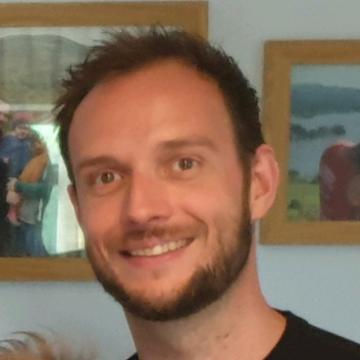
"Interesting design problem, as always good advices regarding behavioural questions. A very good test before actually doing an interview o..."

"The lessons and guidance were appropriate to my needs and the expertise was thorough. The coaching was effective with homework. I landed ..."

"My coach was very helpful with insights on what I should focus on going into my phone interview."
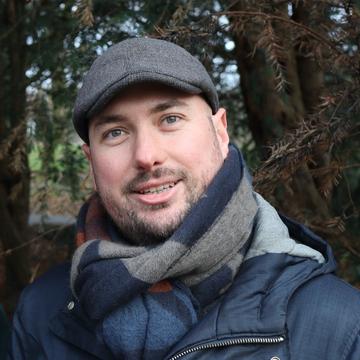
"Arpitha is a truly fantastic coach, and helped tremendously with every aspect of the interview preparation, knowing what I need to focus ..."

"I am extremely grateful for the time and effort that Andrea invested in helping me improve my system design interview skills, and I would..."

"The Team of Andrea, Hande & Arpitha has been so good to me over the last fortnight they are incredibly accommodating to adapt to your sch..."
Ready to achieve similar results?
Find Your CoachSchedule your free consultation
Pick a time that works for you. In a short intro we’ll understand your goals and map out a plan to win offers.
- Quick intro (15–20 min) — no prep needed
- Share your target roles and timeline
- Get a personalized prep plan and next steps
- We’ll suggest the best coach to start with
